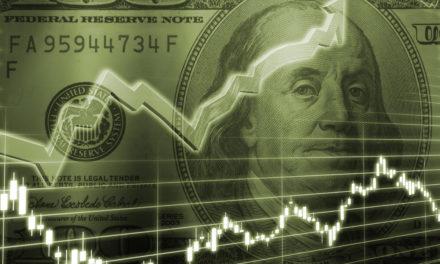
“Only buy something that you’d be perfectly happy to hold if the market shut down for 10 years.”
— Warren Buffett
The Warren Buffett investment philosophy calls for a long-term investment horizon, where a ten year holding period, or even longer, would fit right into the strategy. How would such a strategy have worked out for an investment into Dish Network Corp (NASD: DISH)? Today, we examine the outcome of a ten year investment into the stock back in 2009.
| Start date: | 07/15/2009 |
|
|||
| End date: | 07/12/2019 | ||||
| Start price/share: | $15.61 | ||||
| End price/share: | $41.87 | ||||
| Starting shares: | 640.61 | ||||
| Ending shares: | 784.07 | ||||
| Dividends reinvested/share: | $5.00 | ||||
| Total return: | 228.29% | ||||
| Average annual return: | 12.63% | ||||
| Starting investment: | $10,000.00 | ||||
| Ending investment: | $32,839.71 | ||||
The above analysis shows the ten year investment result worked out quite well, with an annualized rate of return of 12.63%. This would have turned a $10K investment made 10 years ago into $32,839.71 today (as of 07/12/2019). On a total return basis, that’s a result of 228.29% (something to think about: how might DISH shares perform over the next 10 years?). [These numbers were computed with the Dividend Channel DRIP Returns Calculator.]
Notice that Dish Network Corp paid investors a total of $5.00/share in dividends over the 10 holding period, marking a second component of the total return beyond share price change alone. Much like watering a tree, reinvesting dividends can help an investment to grow over time — for the above calculations we assume dividend reinvestment (and for this exercise the closing price on ex-date is used for the reinvestment of a given dividend).
Based upon the most recent annualized dividend rate of /share, we calculate that DISH has a current yield of approximately 0.00%. Another interesting datapoint we can examine is ‘yield on cost’ — in other words, we can express the current annualized dividend of against the original $15.61/share purchase price. This works out to a yield on cost of 0.00%.
More investment wisdom to ponder:
“If you have more than 120 or 130 I.Q. points, you can afford to give the rest away. You don’t need extraordinary intelligence to succeed as an investor.” — Warren Buffett




